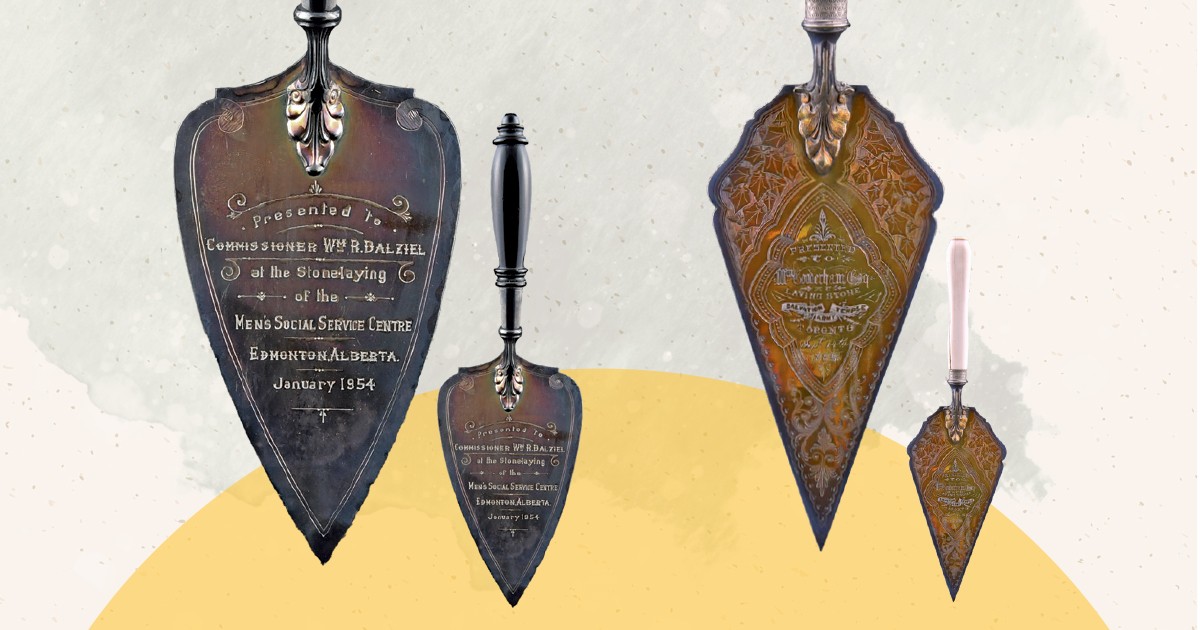 Photo: © iStockphoto.com/ozgurdonmaz
Photo: © iStockphoto.com/ozgurdonmaz
Carlos*, a man in his 40s, came into my office at The Salvation Army Addictions and Rehabilitation Centre in Victoria, B.C. and said, “I don't think I can do it anymore!”
Filled with dread, I immediately began questioning the possible meaning of Carlos' statement. Was he frustrated by his recent failed job searches? Was he feeling the cold bite of poverty more profoundly since it was so close to the Christmas holidays? Or worse yet, was he planning to kill himself?
“What do you mean?” I asked. This may be the best question I have in my toolbox because the world and the people who live in it are complex. Though I'm usually good at anticipating the answer to this question due to past experiences, I wasn't ready for the answer Carlos gave me that day.
“I want to be with my mom. I need my family.” Statements that reveal vulnerability like this, especially from an adult man, seem to hit me harder than most.
Carlos came to Canada last year in hopes of finding employment so he could send money back to his impoverished family in Cuba. Upon arrival, he began looking for a job, but unfortunately was told that his work visa wouldn't be approved for several months. He began living in shelters and experienced a winter far colder than what he was used to. Finally, he had enough. He wanted to go home and his mother wanted him home too. She had told him that, “It would be better to have to share the little food we have with our son, whom we love, than to eat more food at Christmas all the while wishing you were at home with us.”
Needless to say, I was touched. His family understood what “real” treasure was and they knew they wanted to share it with the one they loved. As best as I understand it, this is the central message of the Gospel. God impoverished himself in order to share his greatest treasure with us.
As a chaplain, I have an obligation to see that through. Carlos wanted to go home and I wanted to help him. The problem I encountered was that our centre didn't have money in the budget to assist with this sort of problem, so we had to look elsewhere.
The answer Carlos, his caseworker and I heard over and over again was “No we can't help, we only have funding for people with addictions.” For days we called every social service agency and social worker. Carlos even pleaded with the Cuban embassy who finally told him, “If you can get to Ottawa, we will fly you home.” It was those words that gave us hope to carry on despite our inability to reach a solution.
In the end, through great prayer and petition, Carlos' caseworker and I found Carlos the money he needed to fly to Ottawa—not from a social service agency—but from the kindness of others. They helped because they understood that their money could be turned into a “real” treasure for Carlos and his family.
Many who work in social services say, “We don't provide that service” and send clients on their way so they can move on to someone who can be helped with more immediate assistance. Perhaps that may even be the best way for the average social service worker to deal with the dilemma of time and need. That is why The Salvation Army needs chaplains. We stand in the gaps of service that people couldn't have anticipated when they painstakingly wrote their budgets. We do this as a matter of faith because when money isn't there, God turns our poverty into treasure.
*Name changed to protect identity.
Nathan Swartz is the chaplain at Victoria Addictions and Rehabilitation Centre in B.C.










Comment
On Friday, May 10, 2013, Amanda S said:
On Tuesday, March 26, 2013, Steve Simms said:
We are thrilled about what He is doing in Nashville, Tennessee!
Leave a Comment